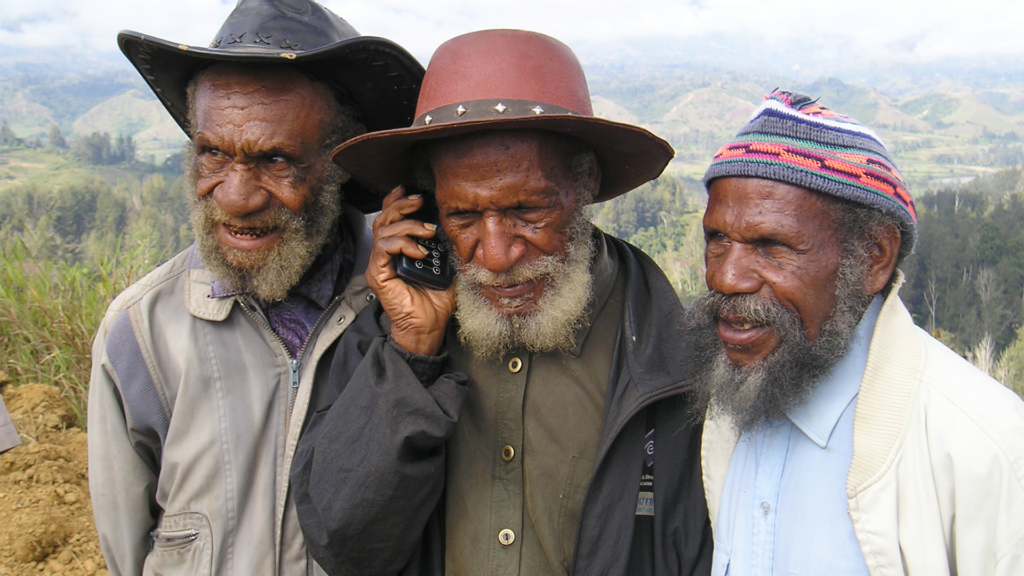Are you the type of person who finds it hard to ask for help, believing you can—and should—be able to take care of everything yourself? Maybe it’s because of perfectionism—you don’t believe others would do it as thoughtfully and thoroughly as you would. Or maybe you’ve always been the one people count on—taking care of others, meeting high expectations or simply trying to keep everything under control.
There are many reasons why refrain from asking or even considering asking for help. The world we live in today often celebrates independence and self-reliance, making the act of asking for help seem like a sign of weakness. We tell ourselves we should be able to handle everything on our own, that relying on others somehow diminishes our abilities. But the truth is, no-one was designed to carry life’s burdens alone, and it’s okay—necessary even—to seek help when we reach our limits.
Even when we feel isolated, with no-one around to offer support, we are never truly alone. But as much as we know that—or should know that—we forget.
A few years ago, my husband and I went on a road trip to the countryside in south Brazil. On the way back, still a few hours from home, we found ourselves in a situation we did not have the skills to deal with. It was winter and the light was fading, caught in that in-between moment where it was neither dark nor bright, making it hard to see. We hit a pothole and the tyre went flat.
Now, maybe changing a tyre might be an easy fix for you. But for us, a couple of millennials raised in the city who are more familiar with digital gear and smart devices than car repairs, it was a different story.
To make it worse, the brake pads had recently been changed, and the wheels tightened with a power tool. So there we were—pulled over on a narrow shoulder, in the cold, with trucks flying past centimetres away and no roadside assist. After setting up the jack and getting everything ready—thanks to a YouTube tutorial—we realised the wheel nuts were simply too tight for us to unscrew. We tried everything, even jumping on the wheel brace.
It was dark, freezing and we were exhausted. Just as I looked back at my phone for more tutorials, I saw my husband kneeling with his head on the wheel brace. I thought he had given up, but he was doing what should’ve been our instinct from the start: he was asking for help.
After his prayer, he took a deep breath and tried one more time. And guess what? The wheel nuts loosened like butter.
So often, we rely on our own strength, trying to muscle through challenges, like loosening that stubborn wheel nut, forgetting that no matter how hard we try, sometimes we just can’t do it alone. We need help, and more importantly, we need to ask for help.
That experience on the side of the road reminded me I don’t need to have everything figured out—my limitations are an opportunity for God’s power to be made perfect in my weakness (2 Corinthians 12:9).
The Bible is full of stories and reminders that God is always ready to help us. He promises He will strengthen us and help us (Isaiah 41:10). Even in the scariest and darkest moments, we don’t need to fear because He is with us (Psalm 23:4) and will be with us wherever we go (Joshua 1:9).
Sometimes, we think we only need to ask God for help in the big, overwhelming moments. But the truth is, He wants to walk with us through every step of our journey—even in the small challenges. Whether it’s a difficult workday, a family disagreement or simply finding your keys, God is there. We just need to remember to turn to Him in all circumstances, trusting that He’s ready to guide us, even in the ordinary.
Whenever you find yourself in those moments—feeling vulnerable and with no strength left in you—remember, there is Someone who is not just ready but eager to help. And it doesn’t take a long, eloquent prayer. Sometimes, the simplest prayer is all it takes: “God, I can’t. Please help me!”






